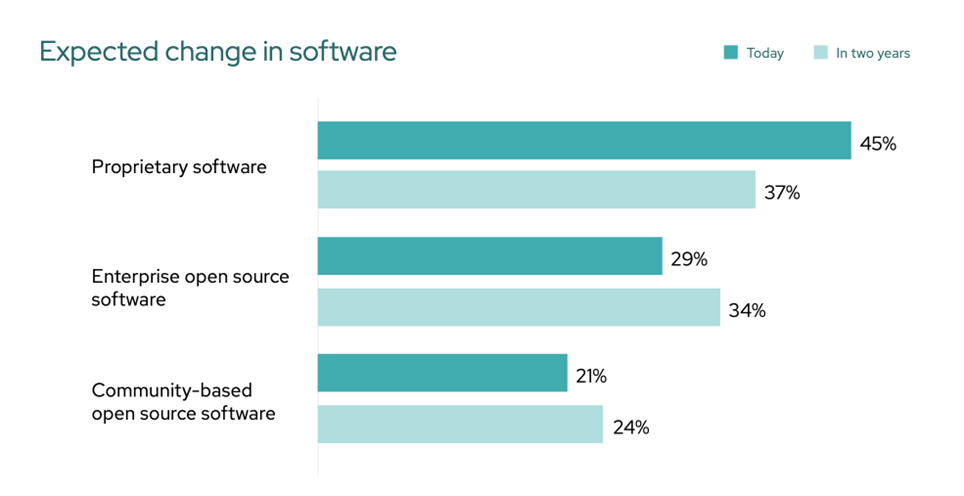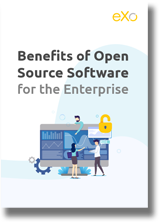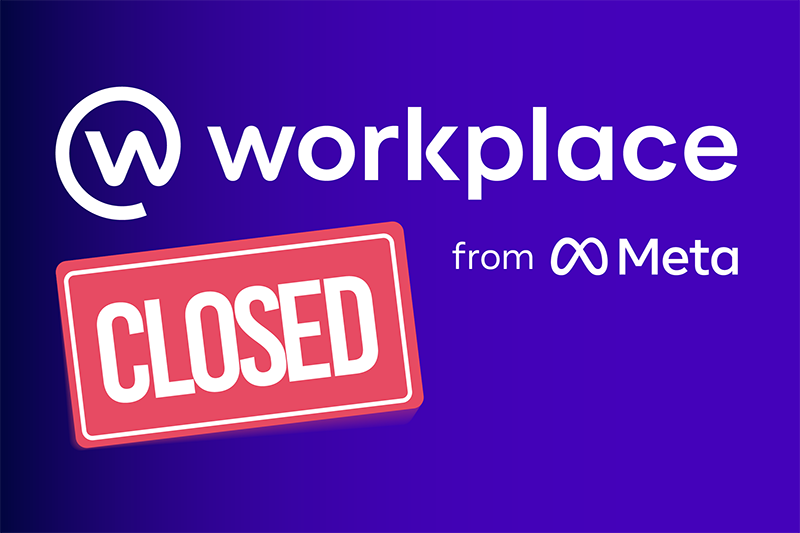- Veronika Mazour
- April 14, 2023
5 reasons why Open Source is the smart choice in recession times
OSS usually does well in recession times. The greatest open-source success stories such as RedHat or JBoss happened following the dot-com crash in the 2000. Indeed, when companies are facing pressures to reduce their costs, they look into cheaper solutions available.
The world is now facing yet another worldwide crisis post COVID19. On top of the costs pressure, companies deal with new work practices that require them to accelerate digitizing their processes. Furthermore, economy moves towards a more localized approach with a greater focus on control and responsiblity.
Content
These new factors should help open source thrive even more. In fact, open-source software is steadily growing and is expected to outperform the proprietary software overall in the upcoming years.

Below are reasons why open source software is the smart choice to make, especially in a recession:
1. Cheaper licensing costs
Obviously, some OSS software is distributed for free under limiting licensing conditions. However, as a company going with a free choice requires a solid IT team and/or a trust services provider, which makes it not so free after all.
Alternatively, many open source solutions are developped and supported by companies and are distributed based on subscritpions with entreprise grade support and maintenance programs. However, the price of such subscriptions remain very attractive, when compared to the proprietary alternatives.
However, licencing costs are not the only way the OSS will save you money.
2. Flexibility over the hosting options
OSS is famous for its general flexibility in terms of installation and deployment. You can self-host it or install it on premise, operating it in any way you want. Thus you are not tied to the vendor hosting conditions and prices.
This control saves you money in terms as you can optimize your energy spending. It also saves you money, by mitigating cybersecurity attacks risks.
3. Interoperability
OSS is open in its philosophy and approach, which means that it comes with APIs and integrates with everything. As a consequence, you do not have to worry about long term interoperability of your software choices, which cannot be said about a proprietary choice.
This interoperability saves you money in the long run. In particular, open-source software also embeds other open source components, including middle ware. For example, eXo Platform uses an open-source application server and an open-source database, allowing you to save on those commodities.
4. No vendor lockin
An example of vendor lockin is Microsoft 365 sharply increasing their prices (30% and some) when all your employees are on it, in the cloud, with all their documents and discussions.
This does not happen if you go with OSS. Even if you are paying a subscription, you have a higher degree of control. First, you control your deployment choice. Second, you always have the free version option that you can switch to, which gives you great negotiating leverage, should you need it.
5. The greener, more sustainable option
OSS are often born as community projects. They grow and develop slowly, based on the market needs and requests. There are no useless open-source projects, no feature race – as there is no economic incentive to produce bundles or a thousand new features that almost no one uses to justify a price increase, which often happens with a dominant vendor.
OSS cannot afford being incompatible with itself, there is a continuity from one version to the next, avoiding costly migration projects.
In conclusion, open source software is the smart choice to make whether you need to switch from your current solution or you are starting a new project. It offers cheaper licensing costs, flexibility over the hosting options, long-term interoperability and avoids vendor lockin. All of these factors make it a great choice for companies looking to reduce their costs and increase their control.
But most importantly, today high-quaility open-source alternatives exist for every software need, including end-user oriented apps. OSS offers come pre-packaged, with enterprise-grade support, professional maintenance and services programs. Not to mention other benefits such as rapide innovation, higher security, easy customizations and more.

FREE WHITE PAPER
for the Enterprise
- Tags: Open source, Industry trends, Tips & Tricks
Related posts
- All
- eXo
- Digital workplace
- Employee engagement
- Open source
- Future of work
- Internal communication
- Collaboration
- News
- intranet
- workplace
- Knowledge management
- Employee experience
- Employee productivity
- onboarding
- Employee recognition
- Change management
- Cartoon
- Digital transformation
- Infographic
- Remote work
- Industry trends
- Product News
- Thought leadership
- Tips & Tricks
- Tutorial
- Uncategorized



